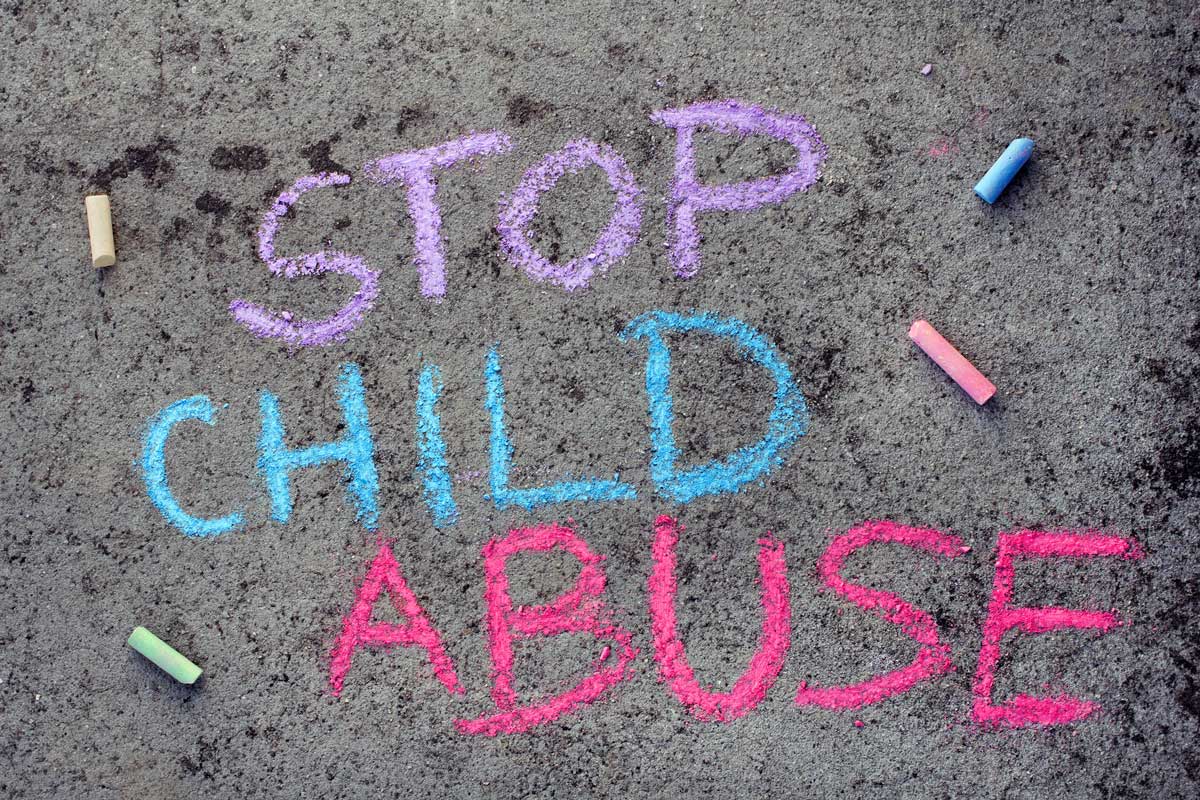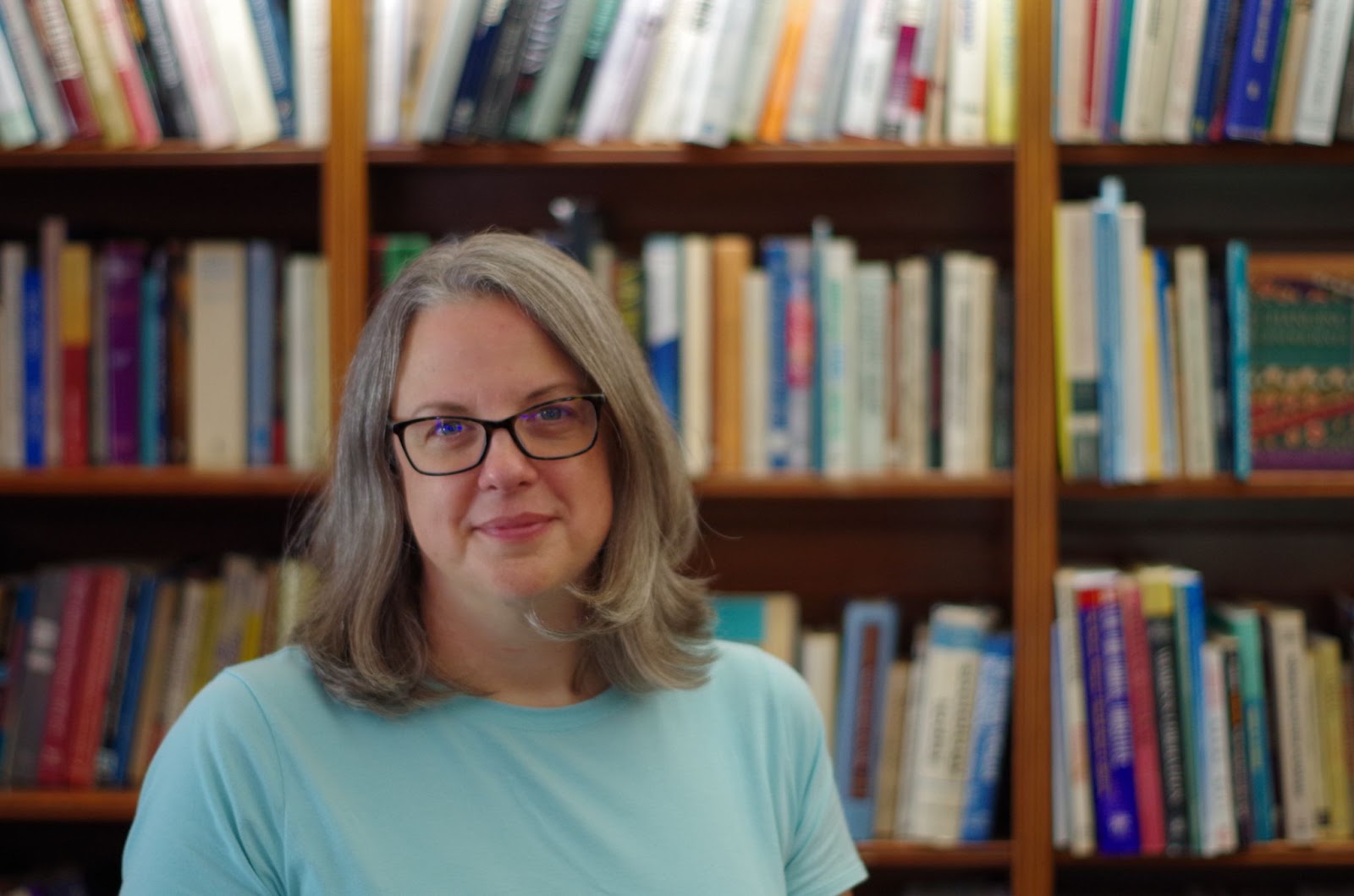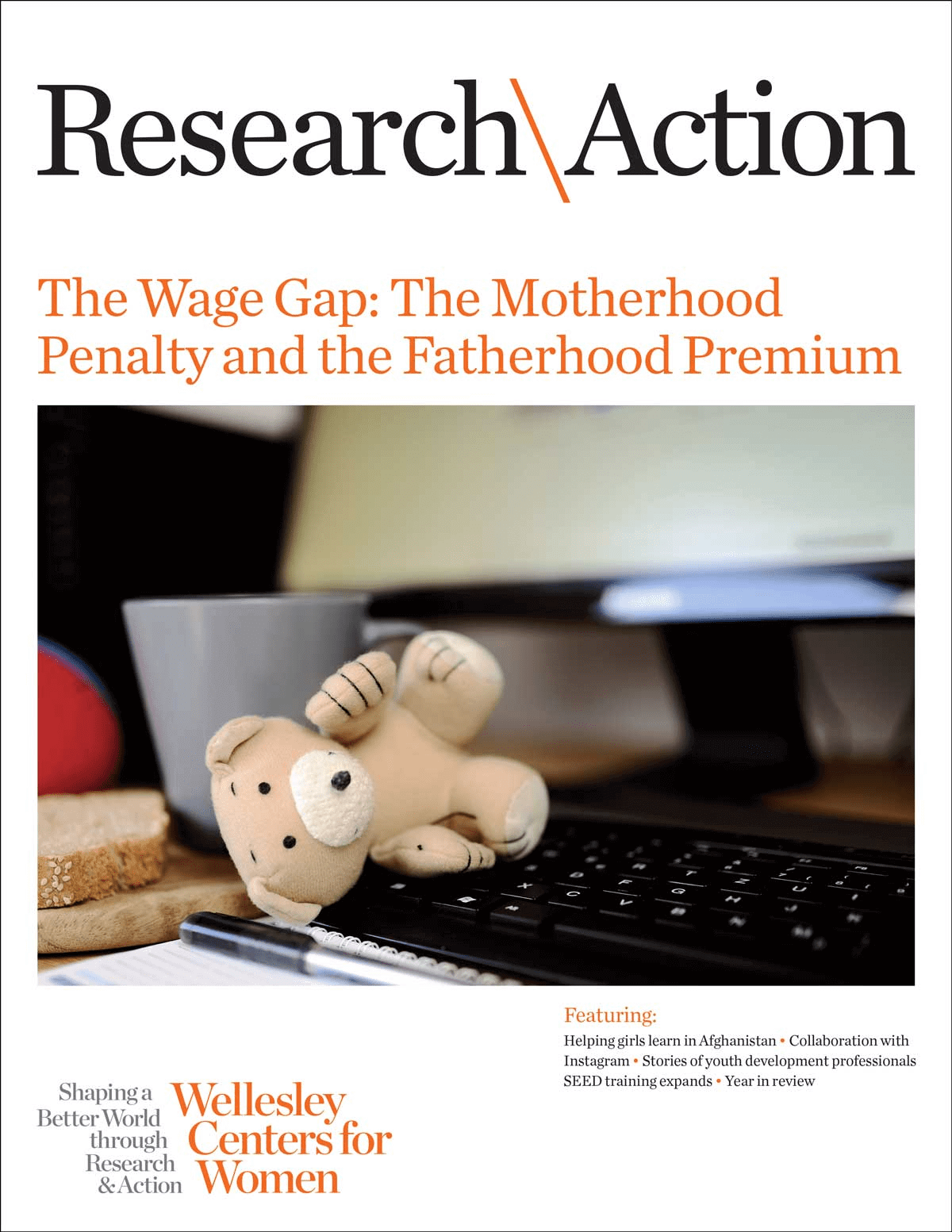 Warning: This story deals with child sexual abuse.
Warning: This story deals with child sexual abuse.
In July 2022, a multi-media article about Visiting Scholar Kate Price, Ph.D., was published in the Boston Globe Magazine. The article was the culmination of a decade-long partnership between Price and Boston Globe Reporter Janelle Nanos, M.A., to investigate Price’s history as a child sex trafficking survivor. Here, Price talks about what she’s been up to since the article was published and what we can all do to stop child sex trafficking.
What have you been working on since the article was published in July?
Many survivors of familial child sex trafficking have reached out to Janelle and/or me, and they’re desperate to meet other folks in their situation and to get the validation that they’re not crazy. So I’m creating a network where these survivors can connect with each other. I’ve also been doing a tremendous amount of advocacy in my hometown, offering trainings to various groups. Janelle and I found that through our investigation, we had created a community of people who weren't necessarily talking to each other before, but now have a common interest in disrupting the systems that allow child sex trafficking to happen. Finally, I’m writing a book, so I’m working on the book proposal now. I’m looking at my story from the perspective of, how did I break the cycle? What did I do to fight for myself? And most importantly, how can I be the woman that I needed as a girl?
Put simply, states with more kids who are at risk for being trafficked are actually significantly less likely to protect them from being arrested and/or prosecuted for prostitution.
What has your research shown about the connection between child sex trafficking and poverty?
Poverty is a key indicator for child sex trafficking. What I found is that states that have more people living in concentrated disadvantage—in terms of percentage of people living in poverty, percentage of female-headed households, percentage of people on public assistance, percentage of people unemployed, percentage of households with children, and percentage of children in a state—are significantly less likely to pass legislation that protects children from being arrested and/or prosecuted for prostitution. Put simply, states with more kids who are at risk for being trafficked are actually significantly less likely to protect them from being arrested and/or prosecuted for prostitution.
What can we all do to better support survivors of child sexual abuse and child sex trafficking?
First, believe survivors, on a personal level and on a community level. On a state level, support legislation that protects kids from being criminalized for prostitution. Because child sexual abuse is so connected to poverty, national policies like raising the minimum wage and extending the child tax credit are critical. And on an international level, the U.S. is the only United Nations member state that has not ratified the UN Convention on the Rights of the Child. We need to do that in order for children to have broad protections.
Kate Price
Watch a recording of our virtual panel, “Searching for Truth: Healing from Child Sexual Exploitation,” where Price and Nanos discussed the work that went into their Boston Globe Magazine story.


